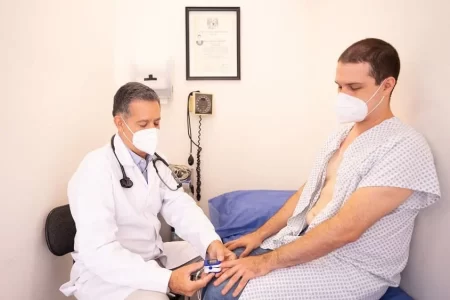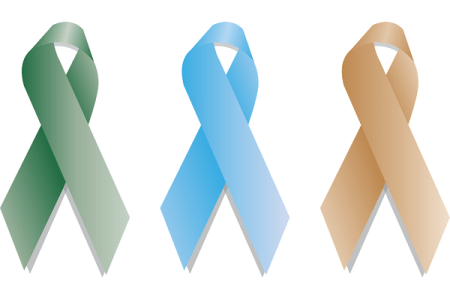Signs and Symptoms of Prostate Cancer
- Updated on: Jul 6, 2024
- 2 min Read
- Published on Feb 21, 2021


Symptoms
What are the early warning signs of prostate cancer? Usually, there aren’t any. Often, prostate cancer does not cause any signs and symptoms in the beginning. Signs begin to appear only after the cancer has spread large enough to influence functioning of the urethra. At this stage, the cancer is much advanced and can cause troubles particularly of urination.
Below are outlined various symptoms of the prostate cancer:
- Trouble urinating
- A Need to urinate more frequently, particularly during night
- Difficulty in starting to pee or holding back the urination
- Taking long time while urinating (straining, decreased forced in the stream of urine)
- Blood in semen
- Discomfort in the pelvic region
- Pain in bones
- Erectile dysfunction
- A feeling that your bladder has not emptied completely
- Painful or burning urination
- Difficulty in having an erection – it is most likely not caused by cancer
- Painful ejaculation
- Pain or stiffness in the lower back (spine), pelvis, or thighs, chest (ribs), or other areas of bones where cancer might have spread
- Weakness or numbness in legs or feet, or even loss of bladder or bowel control from strain on the spine by the cancer
However, urinary symptoms such as those outlined above don’t mean you have cancer. Most of the problems are more likely to be caused by something other than prostate cancer. This might be due to prostate enlargement or prostatic benign hyperplasia. It can cause similar symptoms.
In most of the men, prostates get enlarged in older age due to a non-cancerous condition called prostate enlargement or benign prostatic hyperplasia. But this is not a cause of worry. It happens with most of the men and is not a cancer.
But if you notice one or more of the above symptoms, you should meet your doctor to confirm whether it is due to enlarged prostate or due to cancer. Make an appointment with your doctor if you have any signs or symptoms that may be cause of concern.











